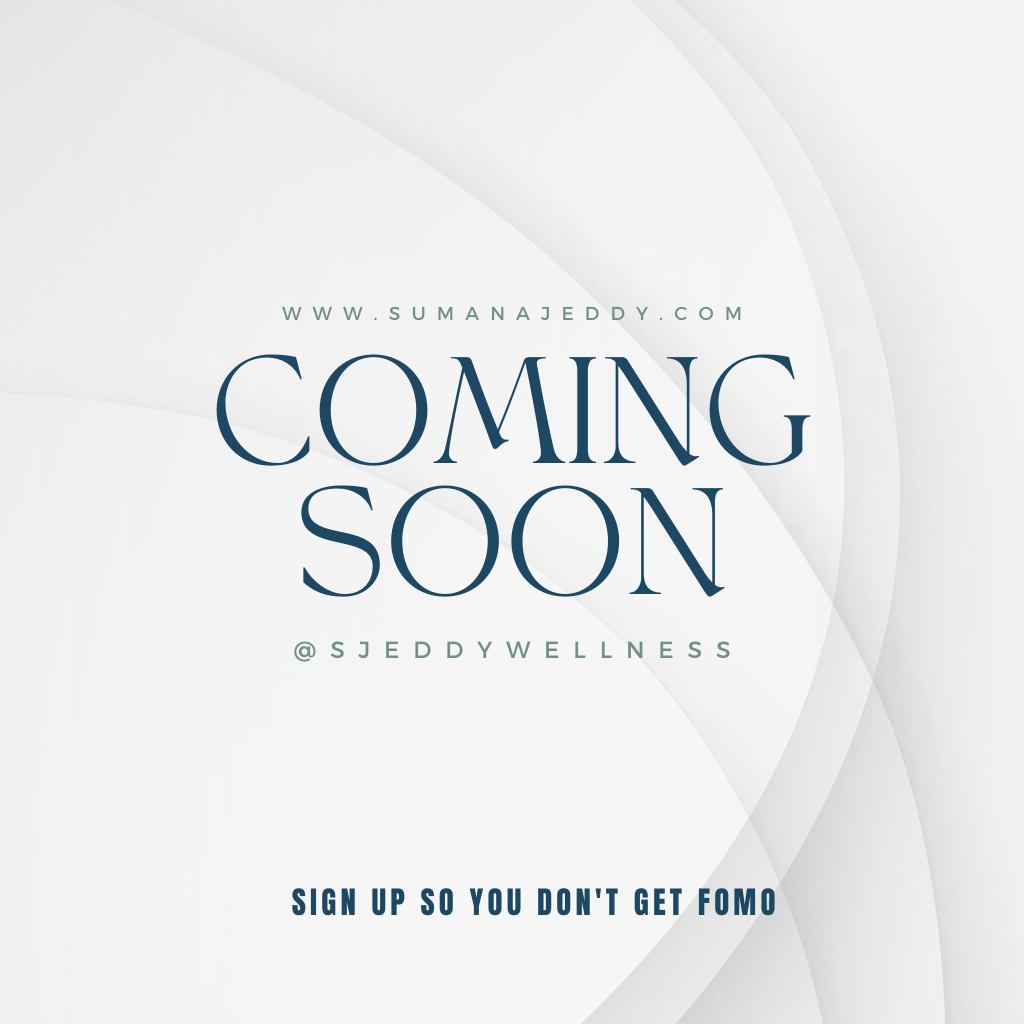
Jeddy Wellness Academy
Coming Soon
I know how boring (and stressful) some workshops can be. That’s why I specifically designed my wellness workshops to be an interactive and fun experience. In this live workshop, I will use my 10 years of experience in healthcare to teach business leaders like you about burnout and help you take back control of your life and career. By the end of our session, you’ll learn what burnout is, how it affects you, and effective strategies to prevent it because prevention is better than cure.
By clicking the link you can book a 15 minute
complimentary call with me
The Pandemic No One
is Talking About
There’s a pandemic among us. And no, it’s not the one you’re thinking of so don’t start stocking up on toilet paper just yet. The World Health Organization is calling it “the health epidemic of the 21st century” affecting 70% of people at some point in their lives. But you won’t find this pandemic being talked about on the news. In fact, you may even be “infected” right now and not know. Drained energy, lack of motivation, and emotionally fatigued. Sound familiar? Let me explain.
People have been locked up inside, their workloads increased, and the lines between the office and home have been blurred. People are more stressed than ever. This has led to the birth of a silent crisis: burnout. A state of emotional, physical, and mental exhaustion caused by excessive and prolonged stress.
Burnout is hard to understand. The symptoms aren’t always easy to spot and can be dismissed as something else. It affects people in different ways, poses no warning signs, comes out of nowhere, and can be deadly. And the worst part? At its peak, you will feel like you hit a brick wall. Stressors come in every shape and size: employment, home life, relationships with partners and children, money issues and health. So how do you know if you are burning out and how do you prevent it?

Imagine Your Life With...
More Energy
You’ll learn how to eliminate thoughts and activities that drain your energy.
Less Stress
You’ll learn proven strategies to use when signs of burnout start showing up.
More Purpose
You’ll learn what your wellness priorities are and how to pursue a life that’s meaningful for you.
Who Is This Workshop For?





Who is this workshop not for?
People that are stress free
People that don’t want to be more efficient
People that don’t run a business or manage a team
People that aren’t willing to implement new strategies
You'll Be in Good Company

Want more?
Share your name and email! We’ll be in touch with you to help you with a custom workshop for your workplace.
